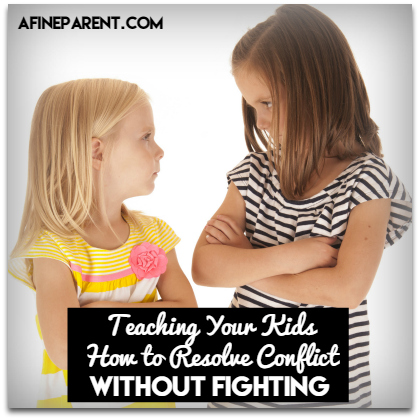 You know how we have epiphanies as we grow older?
You know how we have epiphanies as we grow older?
One of the most profound ones for me has been the realization that just because someone doesn’t agree with what you’re saying at the moment doesn’t mean that they don’t agree with you all the time or that they don’t like you anymore.
This simple realization has had a huge impact on my life.
Just recently, my parents and brother were in town for my daughter’s birthday. We were at dinner the night before her party, and my brother hadn’t put his phone down the entire half hour we’d been seated. I made a comment on this – that it’s not pleasant to share a meal with someone that can’t take their eyes away from their smart phones – and he stormed off, refusing to engage in any conversation.
This isn’t the first time he’s had a violent outburst of anger over a small conflict. As his family member, it upsets me that this happens so frequently.
While I tried to make amends over text message (the only way he was willing to communicate), I noticed something in what he was saying – he thought that any criticism of his actions was a criticism of him. He thought that if I respected him, then I would not say anything negative to him. And worst of all, he thought that disagreeing meant we couldn’t be friends.
I started to wonder why this might be. Did we not have good examples of conflict resolution growing up? Did we witness violent outbursts of anger? When I think back on it, I can’t remember my parents ever arguing. And while that may seem like a good thing, I think that may be where the problem lies.
In order to know how to handle conflict in a productive and healthy manner, we need models of healthy conflict resolution. While on one hand fighting and inflamed emotions only create pain, on the other, never seeing adults disagree means our children don’t know how to deal with conflicts at all.
Productive arguing and even conflict is good and can bring us closer when handled well. Among the many things we teach our kids, how to resolve conflict without resorting to either drama or fighting, or just simply sweeping it under the rug to fester, is very important.
Here are some ways we can teach our kids to argue in a way that builds connections, instead of destroying them:
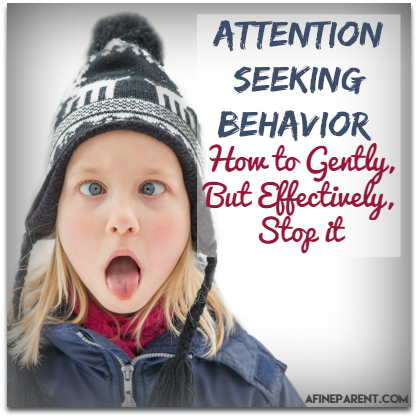 Isn’t it frustrating when your child resorts to attention-seeking behavior and nothing you do seems to snap them out of it?
Isn’t it frustrating when your child resorts to attention-seeking behavior and nothing you do seems to snap them out of it?
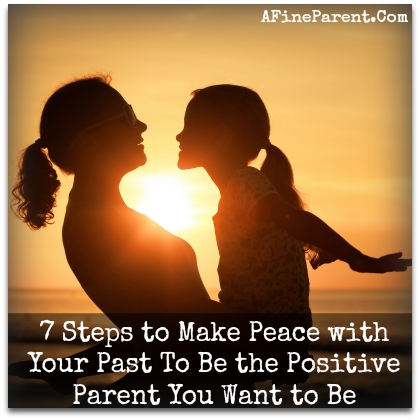 Can you think of the most negative person that you know?
Can you think of the most negative person that you know?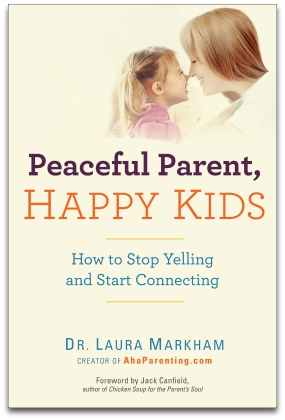
 Isn’t it amazing how you turn out to be exactly the kind of parent you swore you would never become?
Isn’t it amazing how you turn out to be exactly the kind of parent you swore you would never become?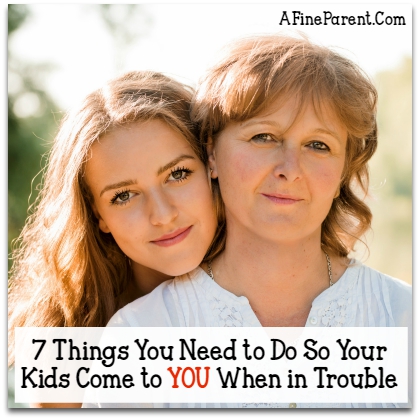 Right now, your child trusts you. You are the source of all good things. She knows if she hurts herself or is hungry or needs information, she can ask you for help.
Right now, your child trusts you. You are the source of all good things. She knows if she hurts herself or is hungry or needs information, she can ask you for help.